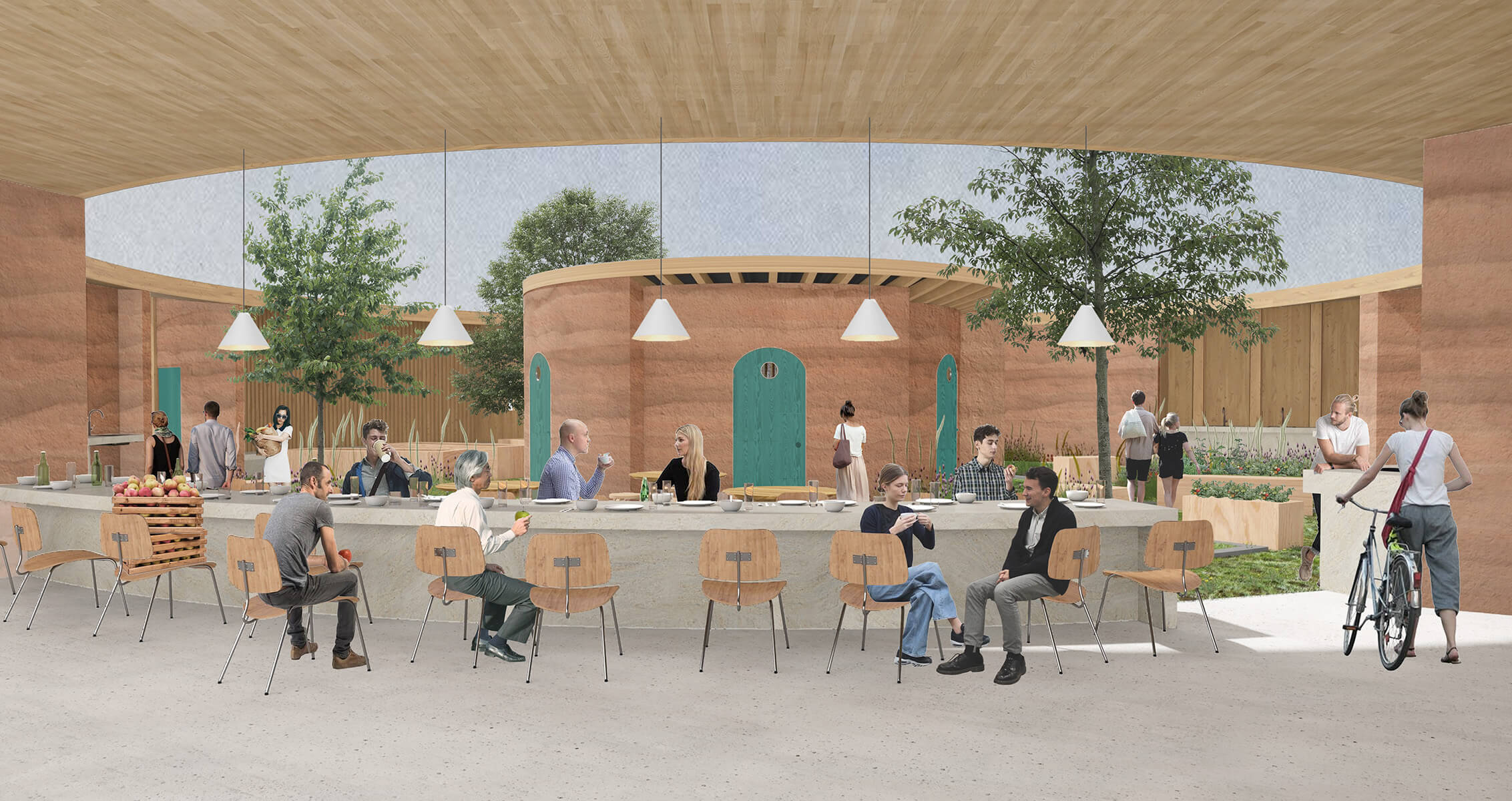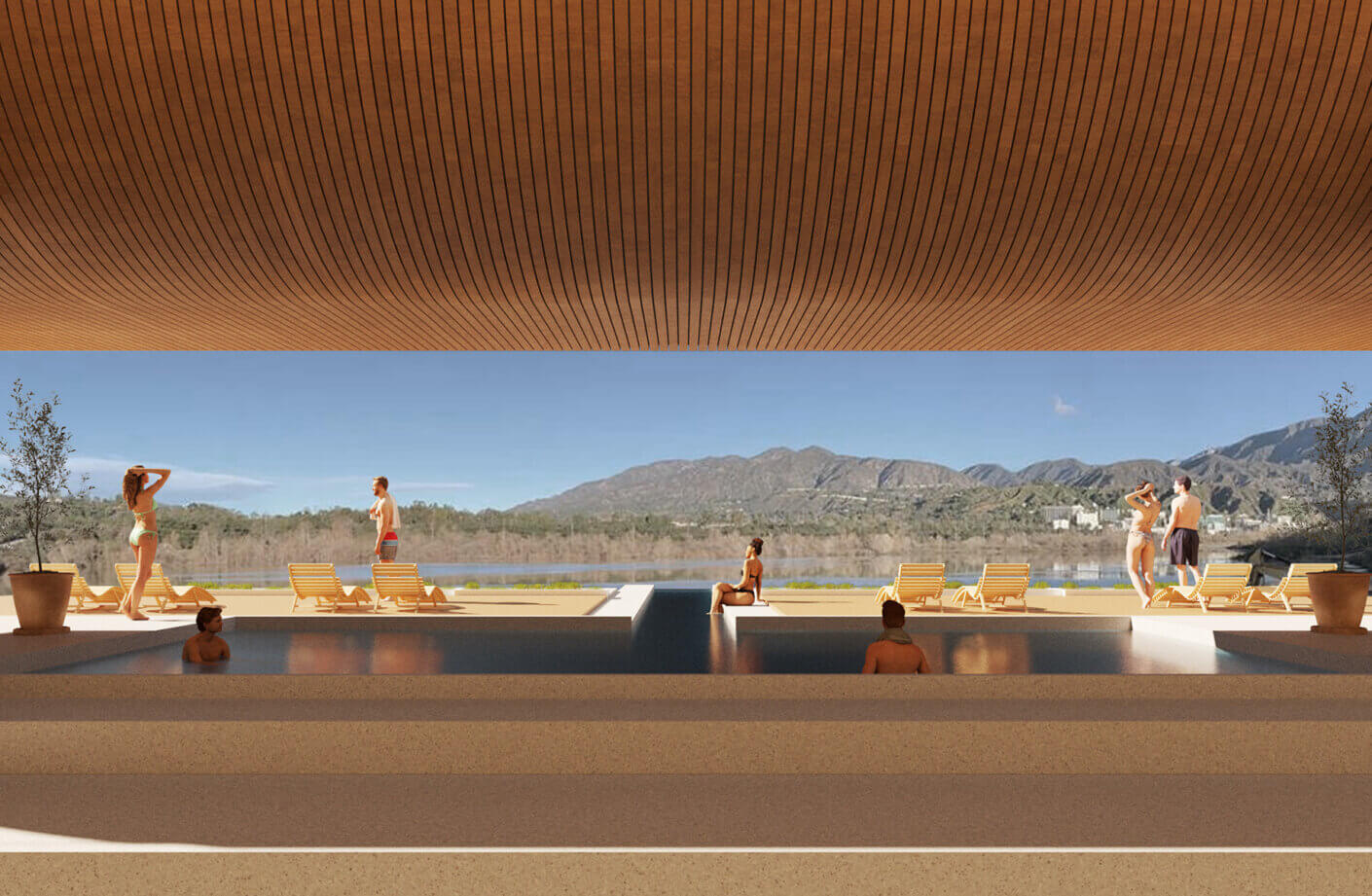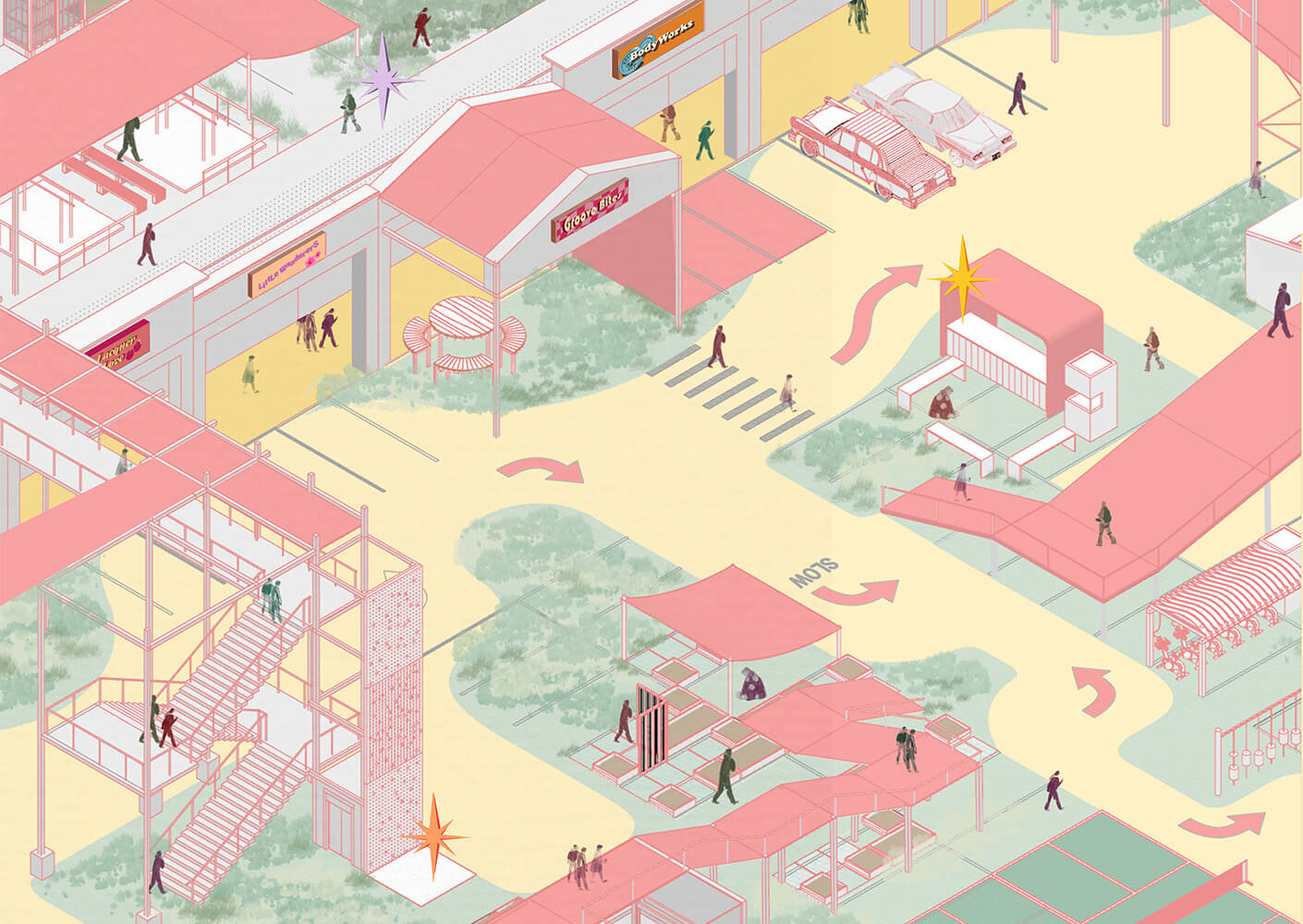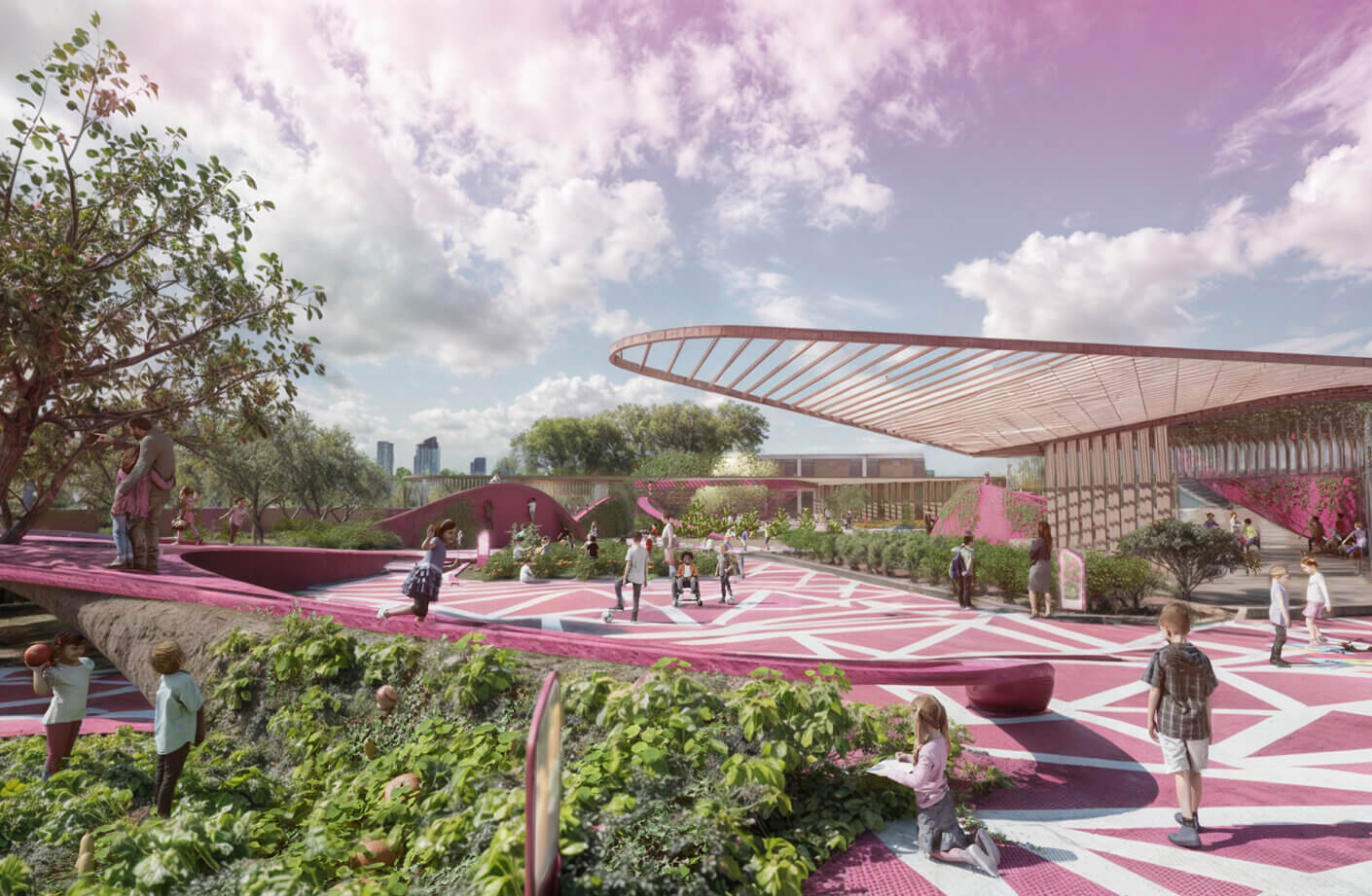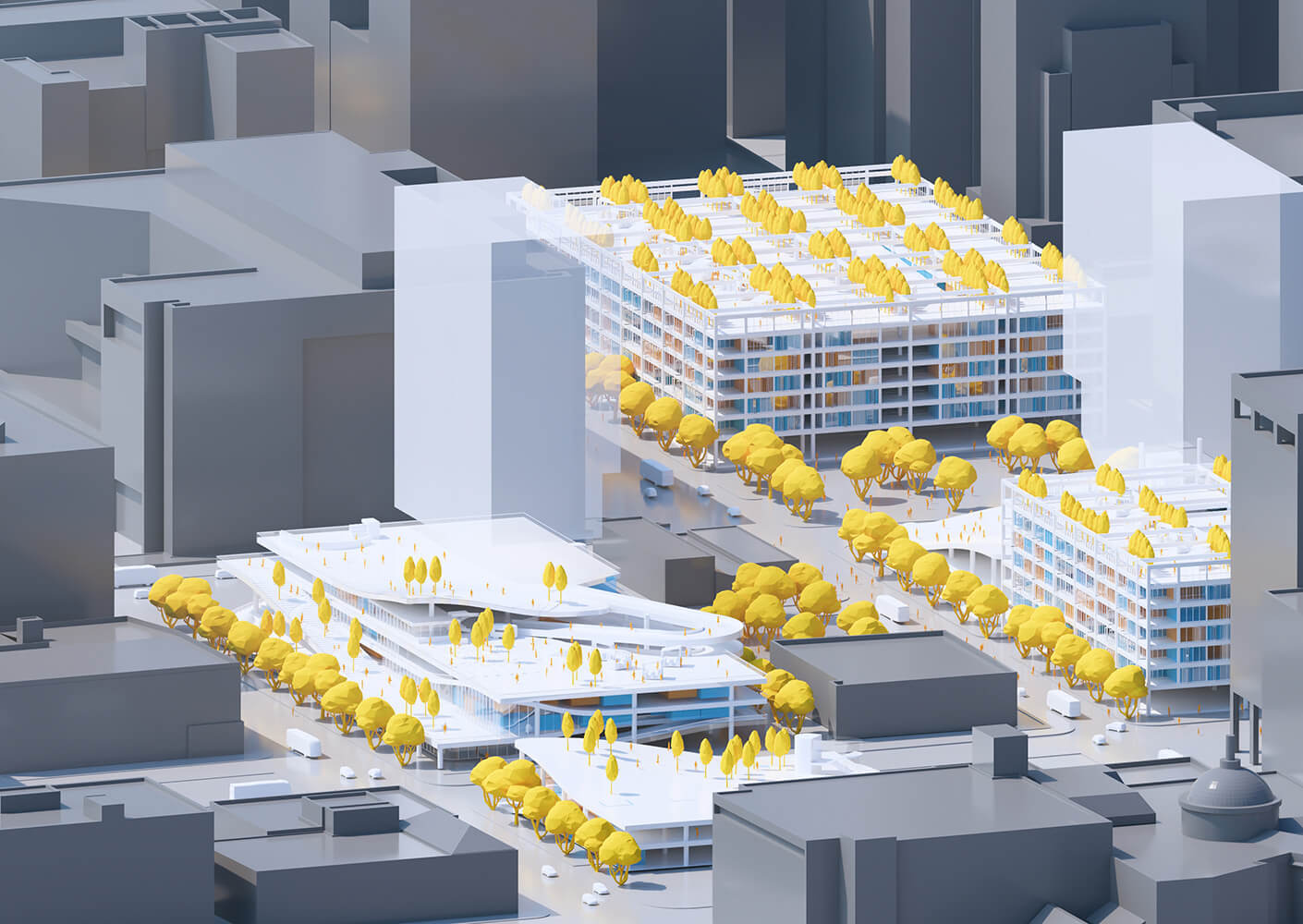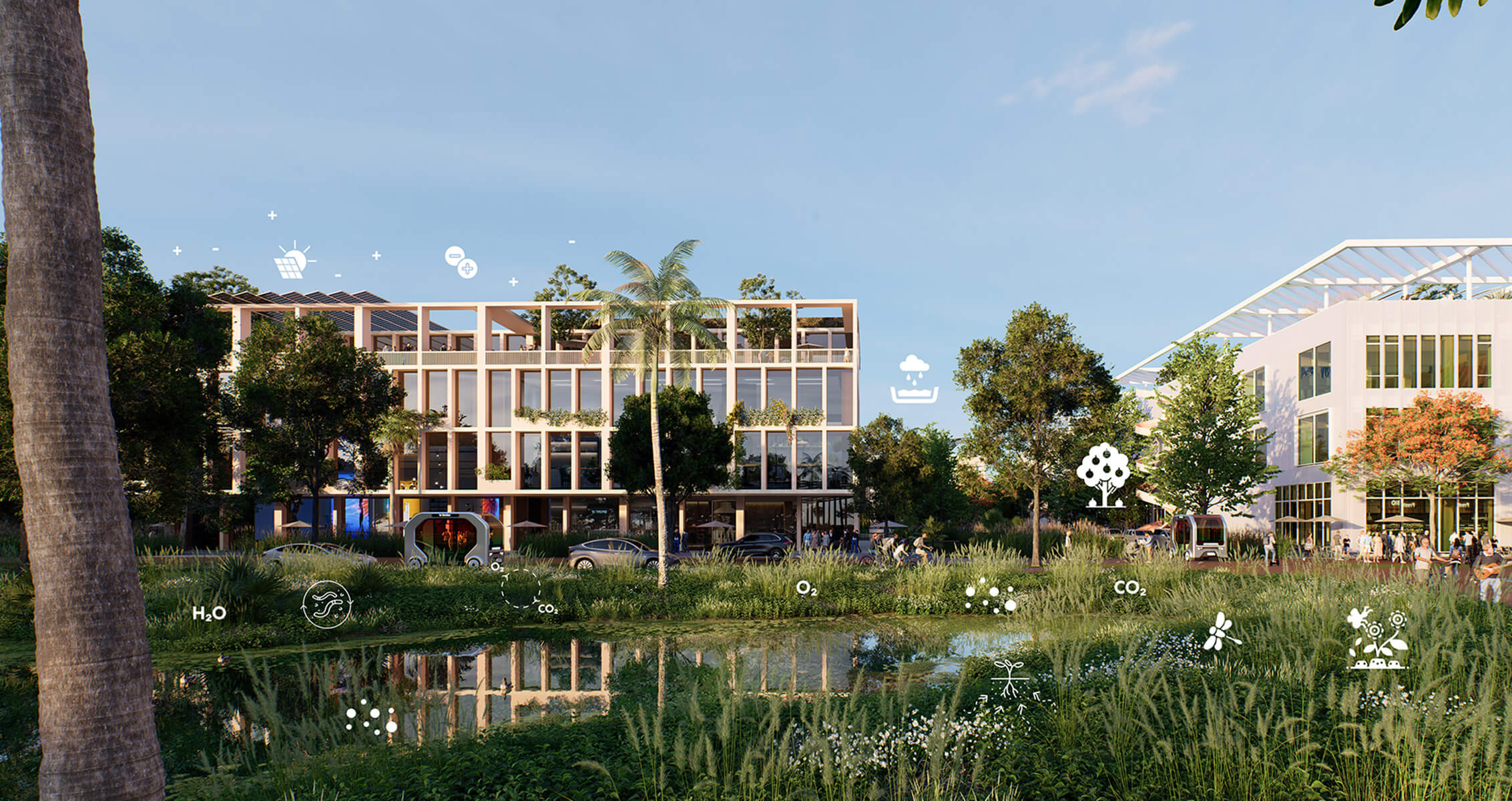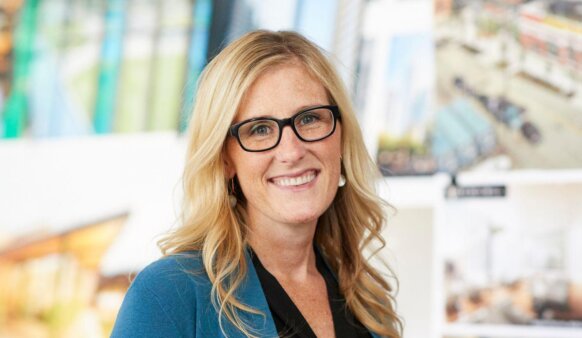Washington, D.C.—Perkins&Will has announced the winners of its annual Phil Freelon Design Competition, an internal contest named in honor of the late architect and former design director Phil Freelon. The competition celebrates design’s potential to advance equity, dignity, and well-being. Each year, it invites the firm’s interdisciplinary teams to respond to a pressing societal issue through the lens of design innovation.
For the 2025 competition, teams from across the firm’s global studios were tasked with “hacking” everyday spaces—like parking lots, strip malls, libraries, or community centers—and transforming them into catalysts for health and well-being. Rather than designing new buildings, participants were encouraged to reimagine existing, often overlooked typologies around them and explore how these spaces could support healthier behaviors, foster connection, and expand access to care. The goal: to push healthcare design beyond clinical settings and into the spaces where people already live, learn, and move.
“We designed this challenge to look ahead—to imagine the kinds of spaces health will demand in the future,” says Casey Jones, chief design officer at Perkins&Will. “By removing conventional constraints—no assigned site, no fixed typology—we encouraged teams to prototype bold, adaptive interventions that anticipate where care can and should happen next.”
